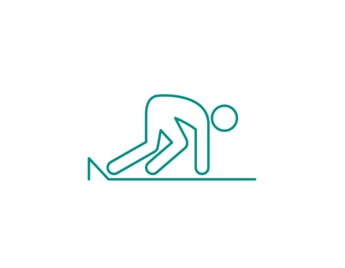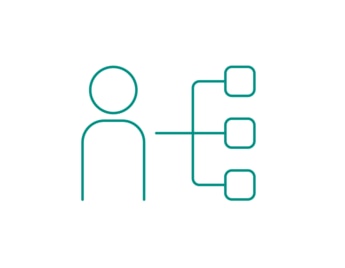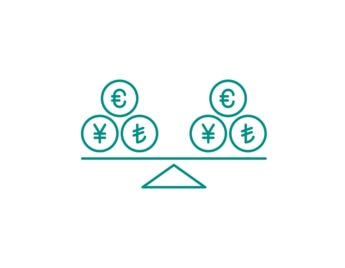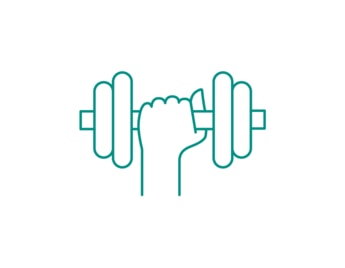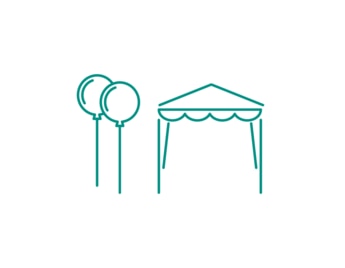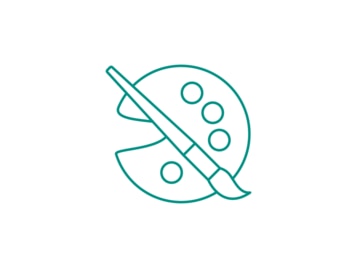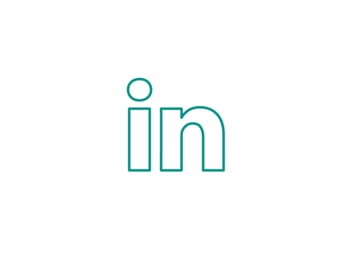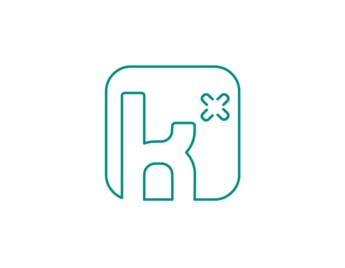
The Business Administration-Industrial Management programme prepares students for a wide range of activities in a business context. They learn the basics of business administration such as accounting, marketing, human resources and materials management, but also intercultural skills. Students can spend one semester abroad.
Mechanical engineering students learn basic engineering skills in mathematics, physics, mechanics and materials science. The aim is to develop and manufacture machines and plants. Mechanical engineering combines basic research with the development and application of new production processes.
In the study of business informatics, students apply methods from computer science to current topics in business. The subject is much more of a creative discipline than pure programming. Business informatics is mainly applied in the management of business processes and projects.
The study of computer science is based on mathematics and computer science. Specialisations can be in project management, web engineering, network and communication technology and databases. You will get to know the various IT departments and possible areas of application.
Mathematics, physics, electrical engineering and measurement technology - these are the contents of the electrical engineering degree. Graduates ensure that industrial production can be automated. In this way, they make production safer and more economical.
Students of the Building Technology degree programme acquire basic engineering knowledge in mathematics, physics, construction mechanics and materials science. The focus of this degree programme is on application-oriented knowledge in heating, indoor air and sanitary engineering, as well as integrated planning. Acquisition and application of basic manual and mechanical skills and knowledge are combined here.

The specialist area of an electronics technician for operating technology is the set-up and maintenance of automated equipment for manufacturing and ensuring the quality of our products. When faults occur, they locate and eliminate the cause of the fault.
Industrial clerks support many business management processes. They gain practical experience in the areas of procurement, marketing, controlling, sales and human resources. Within materials management, they negotiate with suppliers and learn to manage and control sales processes.
Mechatronics engineers build mechanical, electrical and electronic components. They assemble them into systems, install control software and maintain the systems. Among other things, they work in test bench construction, maintenance and prototype construction in a wide range of development areas.
Mechatronics technicians with the additional qualification of customer service technician take over the commissioning, activation and maintenance of our devices on site at the customers. For this purpose, they receive intensive training and special qualification measures.
01.12.2024
Apprentices & the training team inform interested applicants about training and study opportunities at Vaillant.
22.01.2025 and further dates in January & March 2025
Career exploration days take place in the 8th grade and are one-day internships in which students spend a day exploring a professional field. The aim is to gain an initial insight into the world of work and gain important experience for their future careers.
15.03.2025
Apprentices & the training team inform interested applicants about training and study opportunities at Vaillant.
03.04.2025
On Girls' Day, girls get to know professions in which men have mostly worked so far - for example mechatronics technician, electronics technician for industrial engineering or engineer. At Vaillant, they discover the world of work and the topic of sustainability.
22.04.2025 - 25.04.2025
As part of the Bergisches School technology centre, a group of pupils build an autonomous robot at Vaillant during the Easter holidays.
04.07.2025
The Summer University is an initiative of the University of Wuppertal. The excursion to Vaillant is aimed specifically at young women who are interested in studying MINT subjects, i.e. maths, IT, science or technology.
- ❯
 1. advertisement in summer
❯
1. advertisement in summer
❯ - ❯
 2. application via jobs.vaillant-group.com
❯
2. application via jobs.vaillant-group.com
❯ - ❯
 3. review of application documents
❯
3. review of application documents
❯ - ❯
 4. invitation to the assessment centre
❯
4. invitation to the assessment centre
❯ - ❯
 5. invitation to the interview
❯
5. invitation to the interview
❯ - ❯
 6. acceptance/rejection with detailed feedback
❯
6. acceptance/rejection with detailed feedback
❯  7. conclusion of contract
7. conclusion of contract
Your benefits with us
